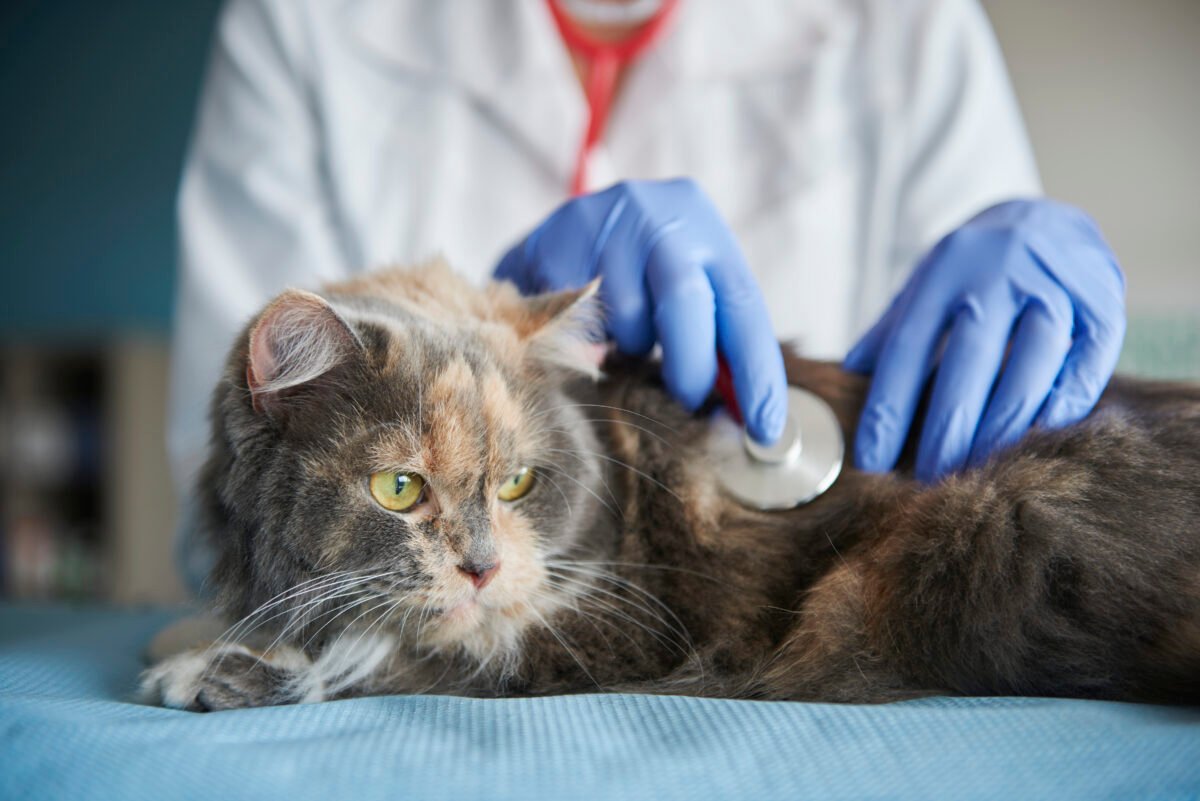
Pets, such as cats and dogs, play an essential role in our daily lives. Caring for their health not only ensures their well-being but also protects your family from potential disease transmission. This article explores common diseases affecting pets, their causes, and effective prevention methods to keep your furry friends healthy and happy.
Common Viral Diseases in Pets:
Viral infections are among the most frequent illnesses that affect pets. They can spread quickly and lead to severe health issues if not treated promptly.
Examples of Viral Diseases:
- Canine Parvovirus: Affects dogs, causing vomiting, severe diarrhea, and dehydration.
- Feline Leukemia Virus (FeLV): A life-threatening disease in cats that weakens the immune system.
- Canine Distemper: Affects dogs’ respiratory, digestive, and nervous systems.
Prevention Tips:
- Follow the recommended vaccination schedule provided by your veterinarian.
- Isolate infected pets to prevent spreading the disease to others.
- Maintain cleanliness in your pet’s living and eating areas.
Understanding Parasites in Pets:
Parasites such as fleas, ticks, and worms are common in pets and can significantly affect their health and comfort.
Symptoms of Parasite Infestations:
- Persistent scratching or biting at the skin.
- Loss of appetite or weight.
- Visible parasites in fur or stool.
Prevention Methods:
- Use preventive treatments like anti-parasitic collars or topical solutions.
- Deworm your pet regularly as per veterinary recommendations.
- Keep your home and pet’s living area clean and free of pests.
The Importance of Early Diagnosis:
Early detection of diseases can make a significant difference in treatment outcomes and your pet’s recovery.
Early Detection Tips:
- Observe for changes in behavior, appetite, or energy levels.
- Schedule regular check-ups with your veterinarian for routine health screenings.
- Learn to recognize early signs of common diseases to act promptly.
Prevention: The Key to Healthy Pets:
Prevention is always better than cure. Taking proactive measures ensures your pets are less likely to fall ill.
Key Prevention Strategies:
- Keep your pets up-to-date on vaccinations.
- Maintain a clean environment to minimize exposure to bacteria and parasites.
- Educate yourself about common diseases and preventive care.
Managing Bacterial Infections in Pets:
Bacterial infections like Salmonella or Staphylococcus can affect pets and sometimes pose risks to humans as well.
Prevention Tips:
- Ensure your pet always has access to clean drinking water.
- Wash and disinfect food and water bowls regularly.
- Clean and sanitize your pet’s sleeping and playing areas frequently.
Best Practices for Pet Health:
Cats and dogs require consistent care and attention to stay healthy and thrive.
Daily Care Tips:
- Provide a balanced diet suitable for your pet’s breed, age, and size.
- Engage them in regular physical activities and playtime.
- Keep track of veterinary visits for routine check-ups and vaccinations.
Conclusion
Maintaining the health of your pets is a vital part of responsible pet ownership. By focusing on early diagnosis, preventive care, and maintaining hygiene, you can ensure a long, healthy, and happy life for your furry companions. Adopting these practices will not only protect your pets but also contribute to a healthier environment for your entire household.


